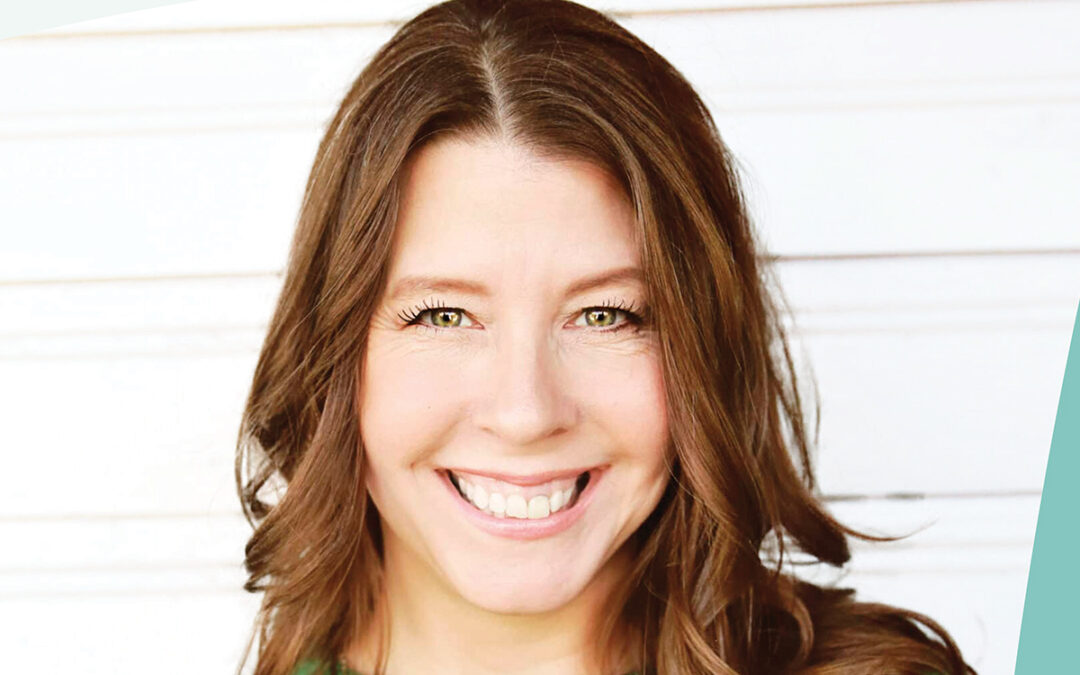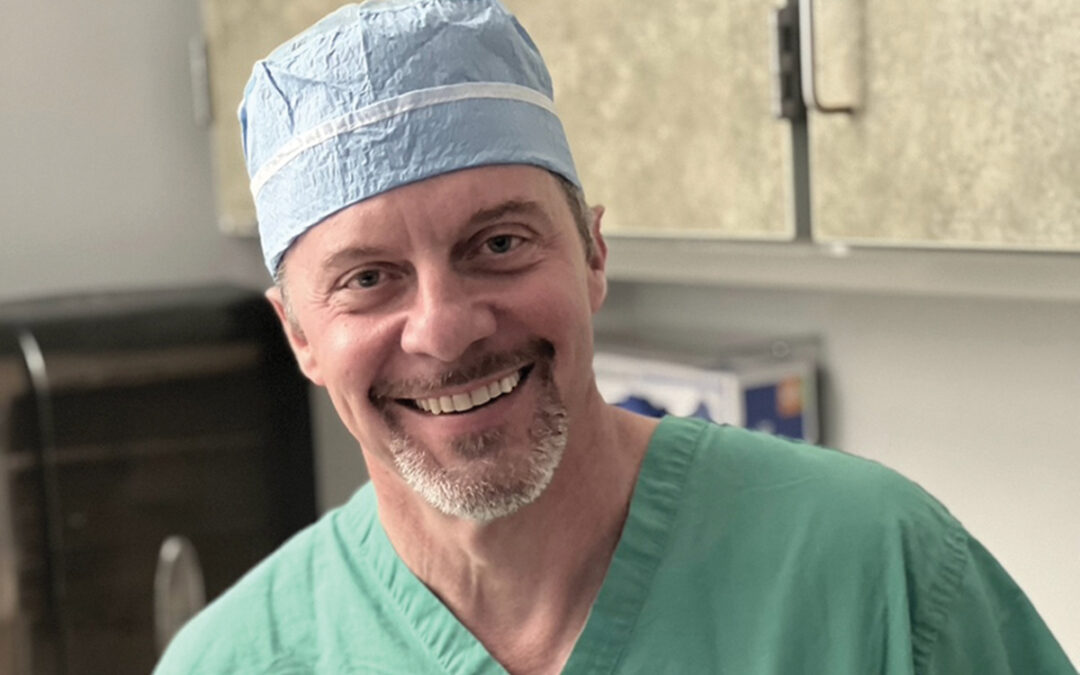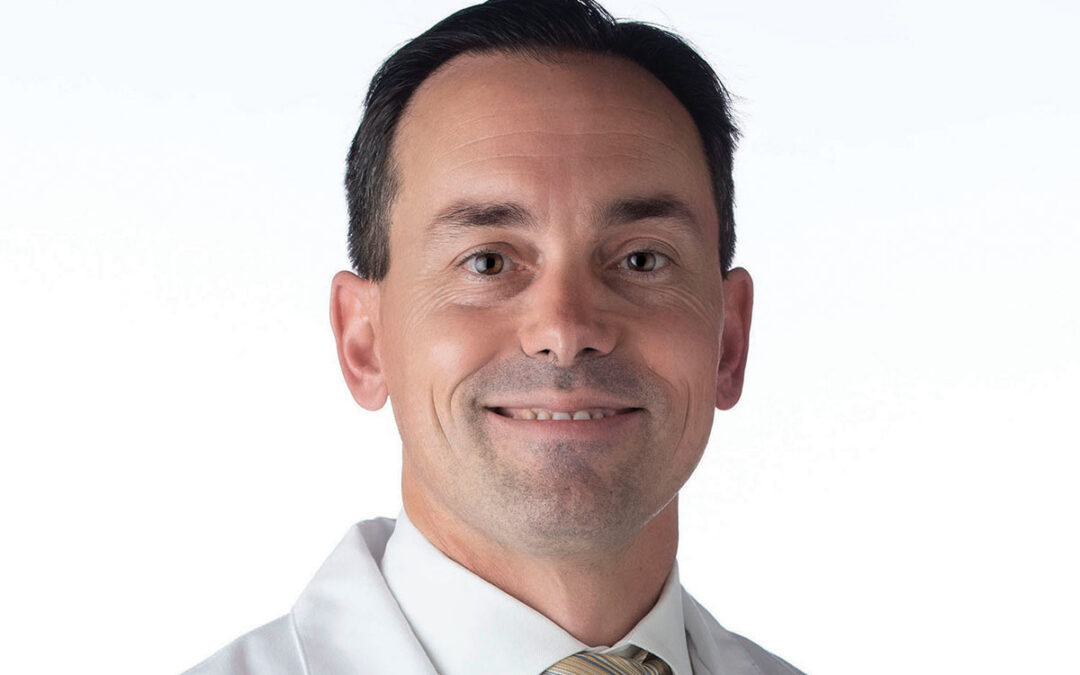
Exercise and Attitude Are Important Complementary Components in Battling Breast Cancer
By Paul J. Watkins
A breast cancer diagnosis is the beginning of a woman’s journey toward a clear objective: the declaration that she is now cancer free. In between, she faces many challenges, and physical strength, emotional perseverance, and mental determination are often as essential to reaching that objective as the medical treatments themselves.
Samantha Aguirre was diagnosed with IIIA HER2 positive Estrogen positive breast cancer in 2018. She was 38 at the time, had a husband, three children, and worked full-time as a personal trainer. She recalls how her journey began.
“I had a leakage in my nipple area on my left side. I let it go for a while. I was a fitness instructor, and I thought it was just my sports bra rubbing against my nipple, making it raw. But when I checked myself, I felt a lump.”
She mentioned it to her gynecologist, who took a sample of the leakage and ordered bloodwork and imaging studies. When those studies confirmed a small lump, Samantha underwent biopsies, as well as an MRI to see if any of her lymph nodes were compromised. They were. The diagnosis was cancer.
Emmalind Aponte, MD, is an oncologist at Texas Oncology who is board certified and fellowship trained in medical oncology/hematology. “Samantha had IIIA HER2 positive Estrogen positive breast cancer that required her to receive multiagent chemotherapy during her first year.”
Samantha began a grueling treatment regimen, undergoing six rounds of aggressive chemotherapy, a double mastectomy, fourteen rounds of less aggressive chemotherapy, thirty rounds of radiation, and a full hysterectomy.
Dr. Aponte explained, “When I met Samantha, I understood her desire to keep exercising on chemotherapy. I assured her that there is clinical data supporting the benefits of exercise for cancer patients. Exercise improves their cardiac and respiratory fitness, and their overall quality of life. It can help with reducing fatigue which is a common symptom that cancer patients experience. In addition, exercising may help decrease the chances of breast cancer relapse.”
“With her background as a personal trainer, Samantha remained very active during her treatment,” says Dr. Aponte. “She dealt with her surgery and chemotherapy remarkably well. She was an inspiration as she managed to stay on treatment while working, taking care of her family, and trying to maintain some normalcy in her life.”
Samantha’s perseverance paid off. She was declared cancer free in 2019. She’s now completing adjuvant endocrine therapy to prevent a relapse.
Going through such an ordeal as Samantha experienced would challenge even the most confident woman, but Samantha says she found a way to stay positive through it all. “I’m a mother of three daughters, and I wanted to be a role model for them. I didn’t want to show them that I was going to let something like this defeat me. I worked out throughout my entire journey, except for the days I didn’t feel well. My daughters saw that – they saw that this was going to be fine. That helped me stay positive every day. I wanted to show them that if something like this happens to them, I don’t want them to shut down; I want them to keep on moving.”
During her very strenuous cancer treatment plan, Samantha still found the time and energy to become a certified cancer exercise specialist and opened a small gym in her home, where she worked one-on-one with breast cancer patients. “Whatever kind of cancer you have, movement is key,” stresses Samantha. “It keeps the blood flow going and helps keep you mentally positive.” Today, she continues to work with cancer patients to help them stay healthy through their own cancer journeys.
Having seen the success that Samantha had in integrating exercise into her own cancer treatment, as well as helping others do the same, Dr. Aponte now refers some of her patients to Samantha so they can benefit from her exercise expertise. “If anyone needs to contact me for any type of help with movement – what to do, what not to do, or to design a movement program for them to follow – I’m always available,” says Samantha.
“I love Dr. Aponte! She’s amazing!” Samantha adds. “She’s an advocate for fitness and works out herself, and she agrees that fitness can help minimize a lot of the side effects of chemo. Dr. Aponte really encouraged me to get involved and educate others that it’s okay to exercise during cancer treatment because the more movement you do, the better you’ll feel and the healthier you’ll be as you fight your cancer.”
Dr. Aponte says Samantha’s experience with her breast cancer journey has shaped the guidance Samantha gives to other breast cancer patients. “Her passion for fitness and her willingness to reach out to other cancer survivors goes beyond helping them build their bodies. She’s helping them build their resolve to overcome life’s challenges and live their lives to the fullest.”
“The most important thing is to stay positive and stay active and make sure you don’t stop what you’re doing,” concludes Samantha. “Live life like cancer has not touched you. Just because we get hit with the word that we have cancer should not stop us from living. We need to continue moving forward and making the best of it. It’s just going to be a bump on the road. Just continue living life like you’ve been doing. Don’t stop.”
For more information about Texas Oncology, visit www.TexasOncology.com or phone (832) 601-8163.









0 Comments